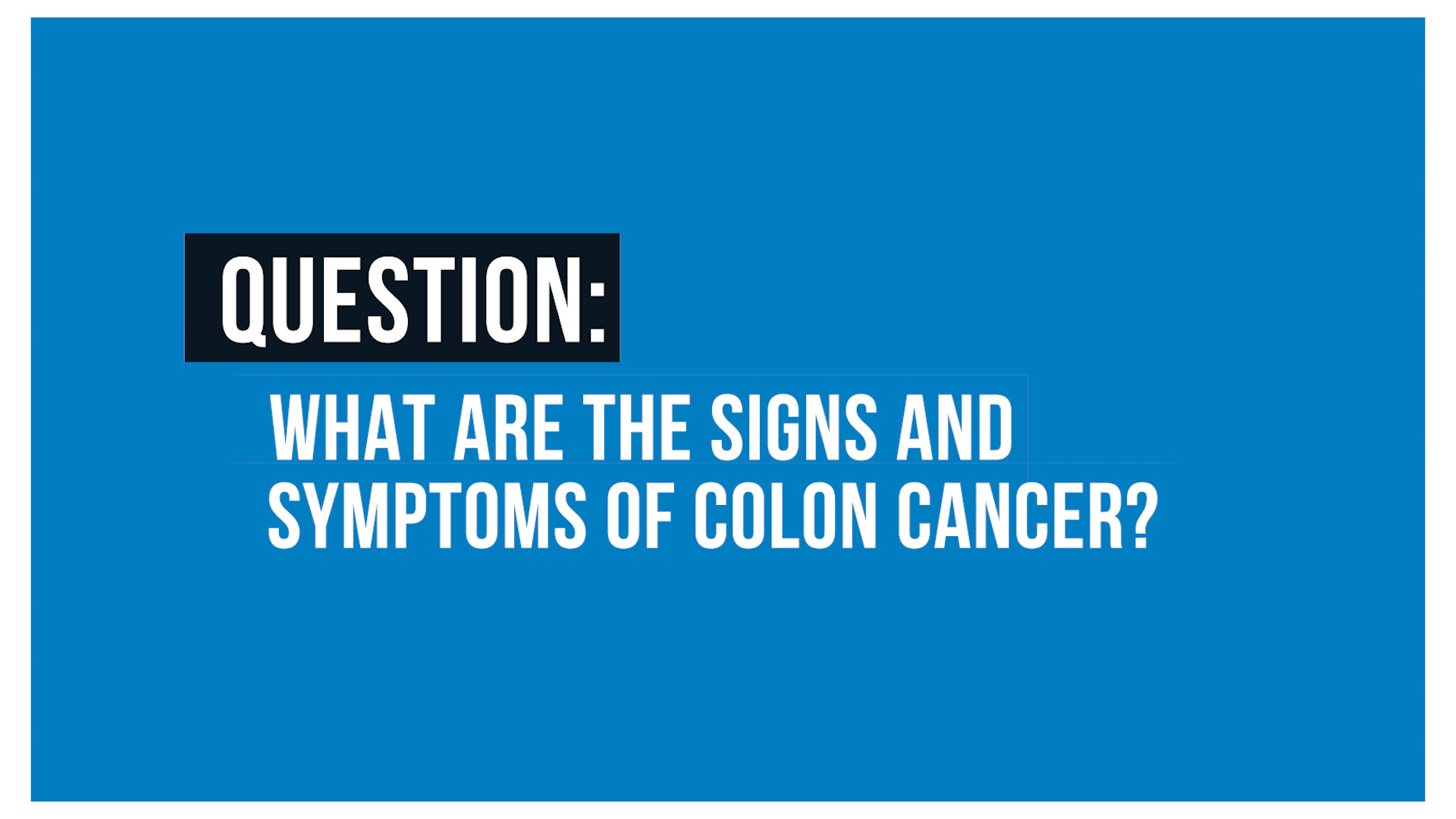

Impact: Clinicopathologic differences in colorectal cancer of HIV+ persons may have implications for tumor pathogenesis. Conclusions: HIV+ patients developed colorectal cancer at a lower median age than population estimates, had a higher frequency of right-sided disease, and increased TILs, suggesting potential biologic differences compared with uninfected patients. HIV+ colorectal cancer patients had reduced overall survival (P = 0.02) but no difference in progression-free survival. Therewas no difference inMMRprotein expression (P= 0.6). 14% P = 0.003), and tumor-infiltrating lymphocytes (TIL) above 50/10 high-power fields (21% vs. When compared with HIV- colorectal cancer, HIV+ patients were more likely to have smoked (P = 0.001), have right-sided colorectal cancer (37% vs. Median patient age at colorectal cancer onset was 55. Results: We included 184 colorectal cancer samples (38 HIV+, 146 HIV- control). Variables were compared between cases and controls using fixedeffects logit modeling to account for matching. Mismatch repair protein (MMR) IHC was performed as the detection method for MSI.


HIV+ colorectal cancers were identified and random control patients were matched for selected characteristics. Methods: Two nested, matched cohorts were identified from a hospital-based cohort of colorectal cancer patients. On this premise, we studied clinical and pathologic features of HIV+ colorectal cancer and evaluated for MSI using matched HIV- colorectal cancer controls. Colorectal cancer with MSI share some characteristics with those reported for HIV+ colorectal cancer. Microsatellite instability (MSI), occurring in a subset of colorectal cancer, is present at a higher rate in certain cancers in HIV+ patients. Sigel, K.Ĭlinicopathologic features of colorectal carcinoma in HIV-positive patientsīackground: Emerging evidence suggests differences in colorectal cancer in HIV-infected patients (HIV+) compared with HIV- patients. The objective of this study was to investigate the incidence, presentation, and outcome of CRC in HIV patients.


 0 kommentar(er)
0 kommentar(er)
